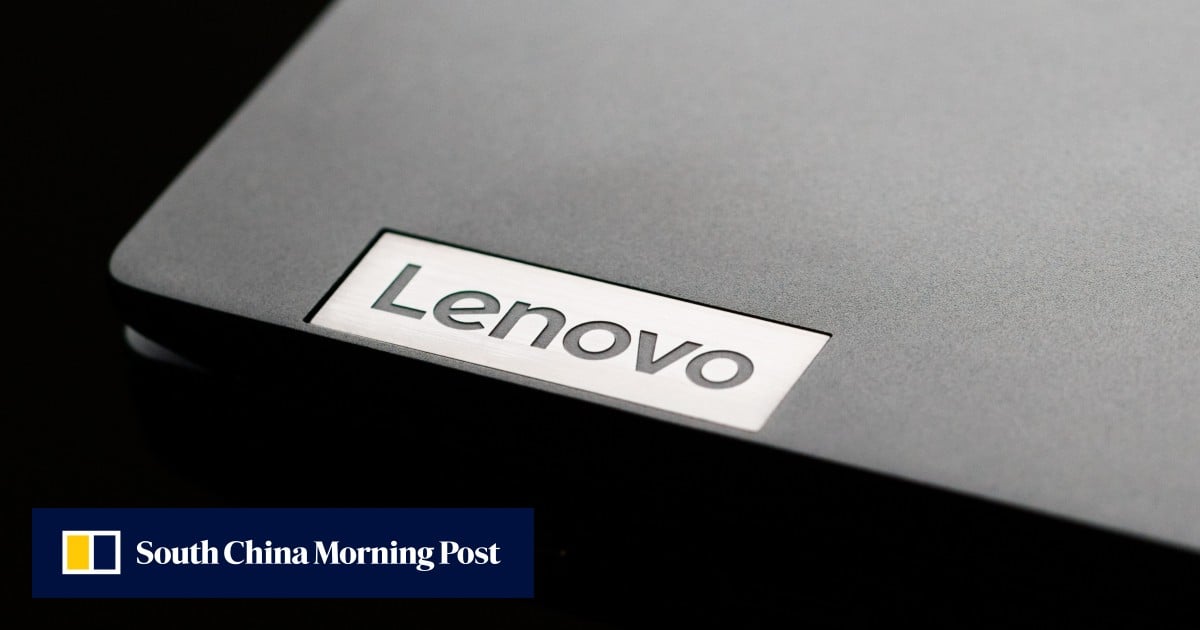Lenovo Group, the world’s largest personal computer (PC) maker, is collaborating with Alibaba Group Holding to create a series of artificial intelligence (AI) products, as Big Tech companies in China race to attract more users to their generative AI products.
Those products will include PCs that are equipped with semiconductors designed to run generative AI tasks locally, known as AI PCs, as well as other AI-powered devices and enterprise intelligence solutions, according to an announcement by Lenovo during its Tech World event in Shanghai on Thursday.
The company has also carried out “in-depth cooperation and joint innovation” in AI with a number of domestic enterprises and organisations, such as the Institute for AI Industry Research under Tsinghua University in Beijing, it said.
At the event, Lenovo launched special versions of its AI PC, the Yoga Book 9i, along with other AI-powered devices. The computers feature a personalised AI agent, Lenovo Xiaotian, supported by Alibaba’s large language model Tongyi Qianwen, according to several Chinese media reports. Alibaba is the owner of the South China Morning Post.
Lenovo has been strengthening its focus on AI amid a broader trend in the global PC industry to integrate the fast-developing technology into various products and services, in response to a projected rise in demand for such machines.
The next stage of AI development will see a shift “from technological breakthroughs to practical application”, said Yang Yuanqing, Lenovo’s chairman and CEO, at the conference.
“We need to accumulate user feedbacks in practical applications, continue to improve, and continue to innovate,” he said.
AI PCs will become mainstream in the next few years, with their share among new PCs in the Chinese market reaching 85 per cent by 2027, according to a forecast by market research firm IDC.
Besides Alibaba, Lenovo has teamed up with other major e-commerce companies to promote its AI-based products.
Lenovo is also boosting its efforts to woo professional users looking for devices to perform generative AI tasks.
